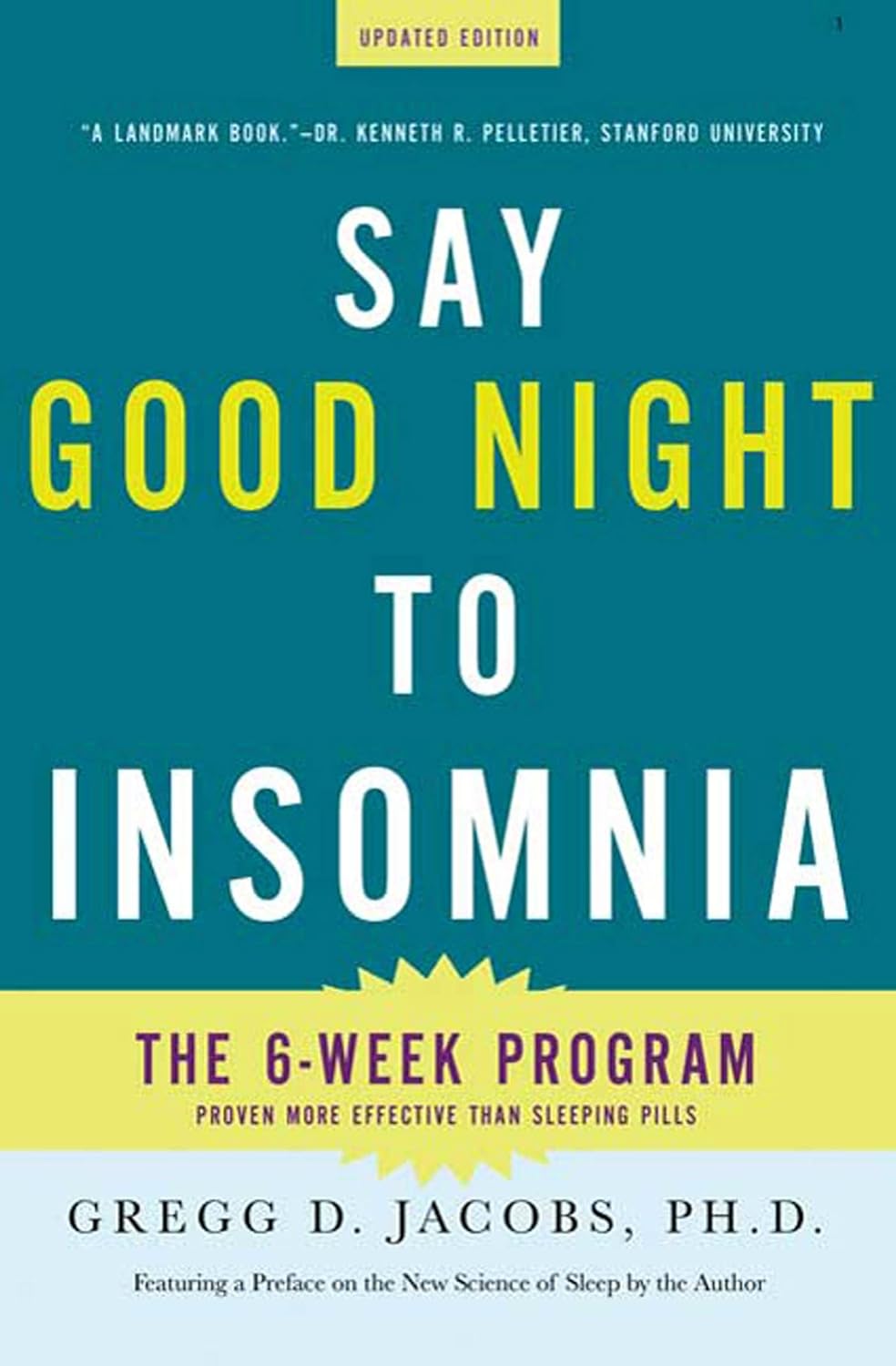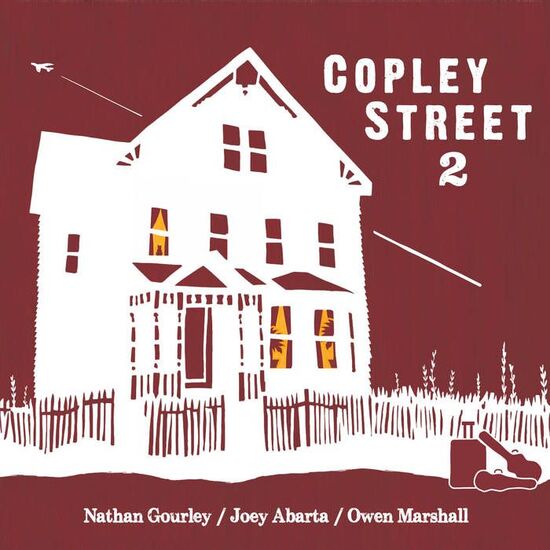Having trouble sleeping? Welcome to the crew! According to the National Health Institute up to 70 million Americans suffer from chronic sleep disorders.
As a little boy I remember standing in my cot longing for sleep but, as luck would have it, I was an early reader and books took care of my early sleeping blahs.
Nor do I recall much insomnia during my marijuana days; then again, I don’t remember much else either.
My problems began in earnest when Chris Byrne and I formed Black 47. In the early days we were doing three to four long sets a night - home late, up early.
Soon enough, Black 47 was hitting the roads of America. Fatigue, booze, and non-stop Rock ‘n’ Roll adrenalin were ever present, with the result that for 25 years I’d wake up after 3 hours no matter how tired.

In some ways it was a boon because I was leading a double life as a playwright/novelist, and there’s nothing quite like the hours between 3 and 6 a.m. for silence and concentration.
I guess these solitary nights are something I share with President Trump, maybe he should take up guitar and write an Echo column to get him through his querulous sentry-duty while the world is slumbering.
Perhaps it’s the coming election but I recently figured I should do something about my insomnia. I had heard about Cognitive Behavioral Therapy (CBT), but also that it was hard to gain entry to a program, and insurance might not cover the cost.
By chance I came upon a book, "Say Good Night to Insomnia" by Gregg D Jacobs, PH.D. I was skeptical but gave it a whirl. It’s no miracle scroll, but it does poke holes in some bedrock assumptions.
I can’t recall ever sleeping 8 hours a night. The bould Dr. Jacobs says, “no big deal.” Some people may need 8 hours, but chances are you don’t – especially as you grow older. You hear that Mr. Trump?
You can’t imagine the weight that lifted off my shoulders. Dr. Jacobs’ next piece of advice was - don’t worry about not being able to function the day following a night’s tossing and turning. Muscle memory will get you through.
I knew that well from all the nights on the road, although I do confess that one St. Patrick’s Day on the Conan O’Brien Show - from sheer fatigue I forgot some lines from my own song, "James Connolly." Despite the near mortal fright this lapse occasioned no one even noticed that I’d executed Mr. Connolly a verse too soon.
The good book offers all sorts of garden-variety advice that you probably know, such as get plenty of exercise, and if you indulge in caffeine, do it before noon; eat your food and drink your poison long before bedtime, read a book rather than scroll through social media, and keep the bed exclusively for sex and sleeping.
Then comes the good stuff. If, like me, you wake between 3 and 4 a.m. like clockwork – don’t freak. And don’t allow the “glooms," as Molly Bloom calls them, to overwhelm you. Rather than lie there fretting, get up and walk around for a short while or read a book, but don’t you dare cast a glance at your damned phone!
Then back into bed with you, find a comfortable position and think of something that brings you some joy; lately I’ve been mentally meandering around my grandfather’s long-gone farm.
Then think of a word – it can be anything: a recent favorite of mine (don’t tell the lads) has been “love” – its soft, silent sound seems to calm the heart and dull the most jagged of nerves.
This “therapy” doesn’t always work, but you can’t imagine my joy upon waking to find that I have indeed snoozed off for another couple of hours, and the morning is well under way.
Much of the book is devoted to substituting positivity for stress, and the overriding message is – don’t be so hard on yourself. Others will take care of that for you.
I can’t say I’m a new man but Say Good Night to Insomnia has made a difference, leading me to wonder what kind of person President Trump might morph into with a couple of extra hours sleep under his belt every night?








